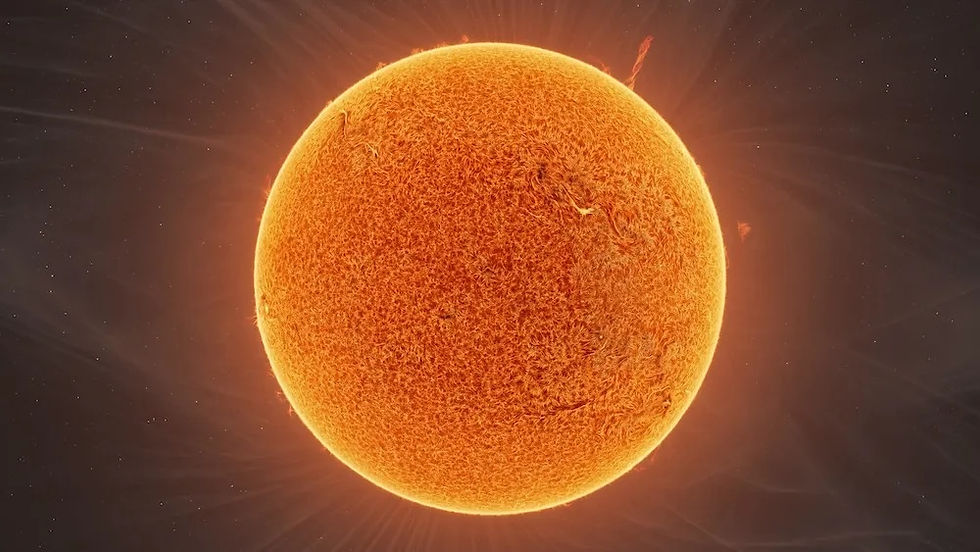Science Thrives Aboard the ISS
- Max Nguyen
- Feb 26, 2023
- 1 min read
It’s been an exciting month aboard the International Space Station (ISS), as astronauts worked on groundbreaking experiments that pushed the boundaries of space science. One of the most fascinating studies focused on how the human body adapts to life in microgravity — specifically, the cardiovascular and respiratory systems. Astronauts monitored their heart rates, blood pressure, and oxygen levels while performing physical tasks, providing critical data on how the body changes during extended stays in space. These findings are key to developing strategies that will keep future astronauts healthy on long-duration missions, such as journeys to Mars.

Meanwhile, the ISS also served as a garden in space. Astronauts tended to dwarf tomato plants in the station’s Veggie facility, experimenting with different types of light and fertilizers to optimize growth. This research wasn’t just about growing food — it was about preparing for the challenges of space exploration. Fresh produce could provide both nutrition and comfort for astronauts traveling far from Earth, making space feel just a little more like home. Plus, who wouldn’t love the idea of picking a ripe tomato in orbit?
These experiments showcase the ISS as more than just a hub for astronauts — it’s a cutting-edge laboratory that’s paving the way for humanity’s future in space. Every discovery made aboard the station not only helps astronauts live and thrive off-planet but also offers insights that can benefit life here on Earth. It’s a constant reminder of how interconnected science, exploration, and the human spirit truly are.



Comments